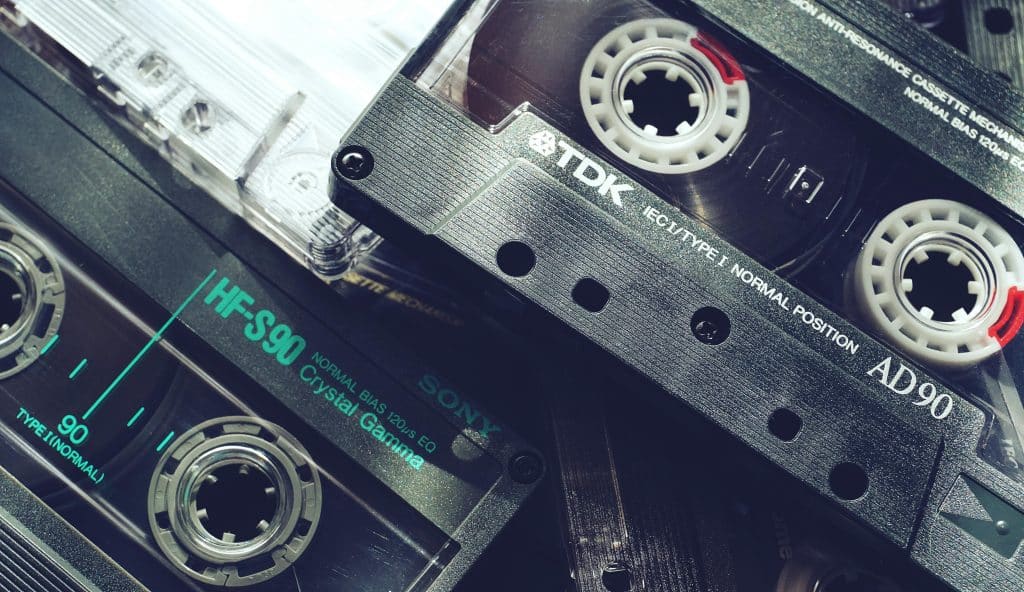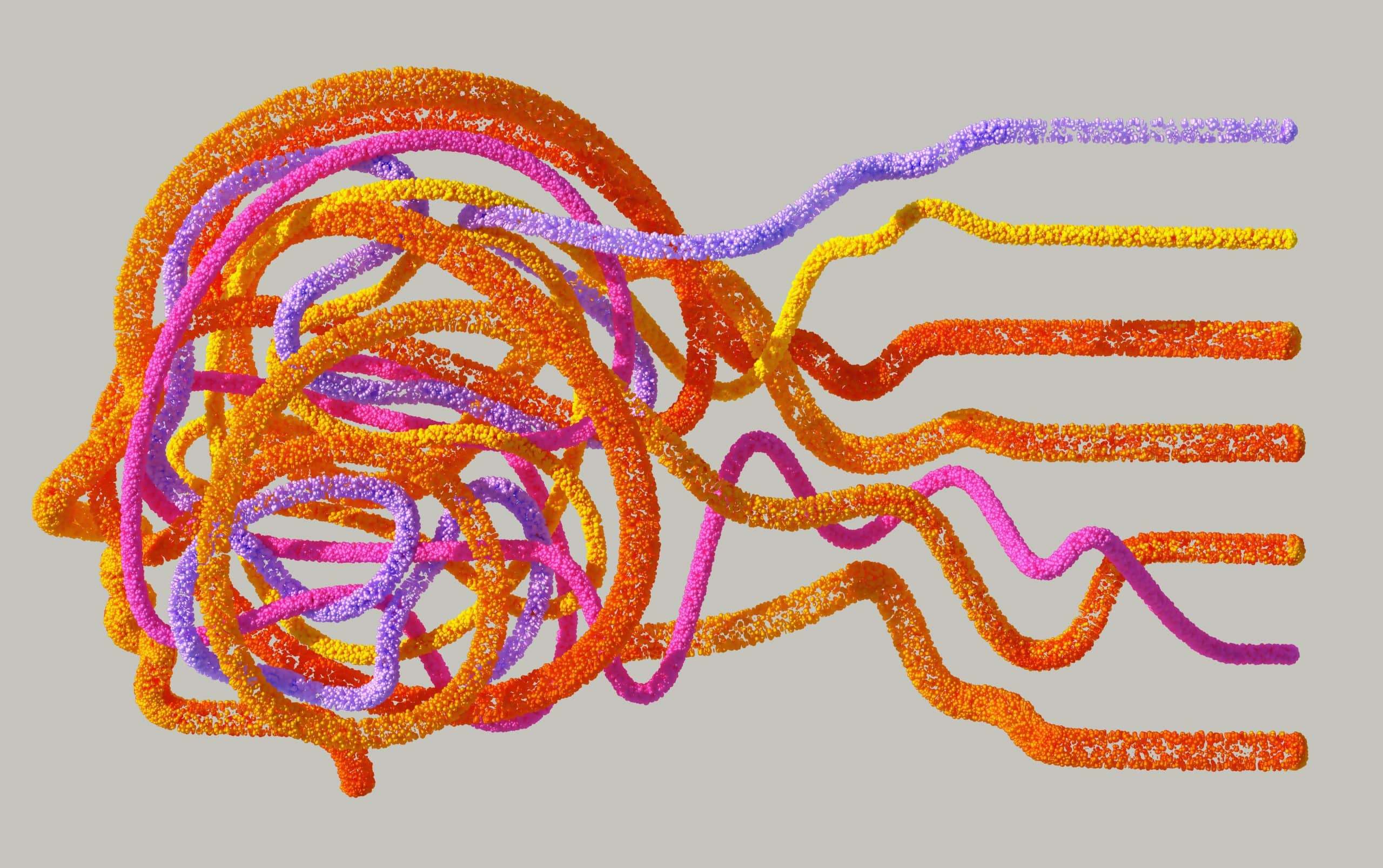Directed by documentary filmmaker Ky Dickens, The Telepathy Tapes made its name off a controversial premise. Specifically, it alleges that non-speaking autistic children display telepathic abilities and other unexplained phenomena. Given that these claims starkly contradict established scientific consensus, the question remains: how has the podcast become a global sensation?
A Podcast Defying Science and Dominating Charts
Since its January 2025 debut, The Telepathy Tapes has dominated podcast charts, holding high positioning on both Spotify and Apple top-10 lists in the US and UK. Whereas streaming platforms keep exact listener figures private, the show’s sustained popularity indicates massive audience engagement, luring millions of listeners to hear its extraordinary assertions. According to Rupert Sheldrake, the resident parapsychologist and author featured on the podcast, the growing public fascination with telepathy is the reason for its success.
Specifically, he uses anecdotal experiences, including pet owners convinced their animals sense their emotions and individuals claiming intuitive connections, as proof of broader curiosity about unexplained phenomena. Yet, skeptics continue to question The Telepathy Tape’s appeal, speculating whether its production or a cultural shift toward embracing the paranormal increased its popularity. The blend of emotional storytelling and bold, unverified claims has undeniably turned the popcast into something compelling. However, it remains up for debate among its audience if its rise is due to genuine belief or sheer intrigue.
Exploring the Podcast’s Supernatural Individuals
Individuals presenting abilities that defy conventional understanding remain at the heart of The Telepathy Tapes. One such person is Houston, a young participant with an uncanny skill. Specifically, he can identify numbers displayed on Uno cards placed behind his head while pointing to matching numbers on a board in front of him. Similarly, Akhil, a New Jersey teenager who allegedly identifies images on concealed cards, typing his answers accurately on an iPad despite no visual access, is another to stand out.
Next, there’s Mia, who can allegedly spell out words after her mother silently views an illustration of them in a book. Overall, individuals in these cases share a common thread: each perceives information without direct sensory input. By interpreting these feats as evidence of mind-reading capabilities, Host Ky Dickens positions these participants as extraordinary examples of telepathic potential. The Telepathy Tape’s premise challenges scientific skepticism with their claims of neurodivergent children having telepathic powers, ultimately blurring the line between unexplained phenomena and the limits of human perception.
The Controversial Claims of The Telepathy Tapes
Although telepathy serves as the podcast’s central hook, The Telepathy Tapes goes further beyond, diving into other unverified phenomena. To name a few, spirit communication, astral projection, and remote viewing are hot topics that have been explored. Host Ky Dickens and his roster of self-proclaimed experts can weave these topics into a narrative that’s as entertaining as it is scientifically contentious.
Despite the absence of peer-reviewed evidence proving enhanced supernatural abilities, The Telepathy Tapes has garnered a huge fan base in today’s cultural climate. With its use of raw footage and dramatic storytelling, the podcast has tapped into a post-pandemic shift in public skepticism. As a result, once-fringe ideas now find broader acceptance. Even cultural analysts have exposed the upheaval of recent years, which has expanded the Overton window, pushing audiences to become more receptive to theories that were once dismissed as pseudoscience a decade ago.
Unfortunately, history seems to be repeating itself, offering a cautionary parallel. Similar claims from individuals, like Uri Geller and other New Age Figures, used to be hailed as revolutionary before being debunked as media-driven illusions. Although The Telepathy Tapes captivates listeners with its bold assertions, its long-term impact is questionable, as its success hinges on whether it sparks a legitimate inquiry or fades as another sensationalized footnote.
Scientific Pushback Against The Telepathy Tapes
Unsurprisingly, experts in psychology and neuroscience have harshly scrutinized The Telepathy Tapes for promoting pseudoscience beliefs. According to critics, the stories of nonverbal autistic individuals displaying extraordinary abilities may seem inspiring on the surface, but they lack an empirical foundation to be credible. Likewise, Psychologists emphasize that wishful thinking, no matter its good intentions, cannot substitute for verifiable evidence.
Skeptics suggest that much of The Telepathy Tape’s alleged phenomena can be explained by facilitated communication. This technique is widely discredited as it has the risk of having a facilitator unknowingly guide a disabled person’s responses. In such cases, research indicated that this creates an illusion of ability, since the helper can lead the discussion rather than the participant. This phenomenon runs into similar problems of an Ouija board, where unconscious movements influence perceived outcomes.
As The Telepathy Tape continues to grow an audience, experts caution listeners against conflating hope with reality. Audiences eager for breakthroughs in understanding autism may resonate with the podcast for its supernatural premise. However, the scientific community maintains that extraordinary claims require extraordinary evidence that the series has yet to provide.










